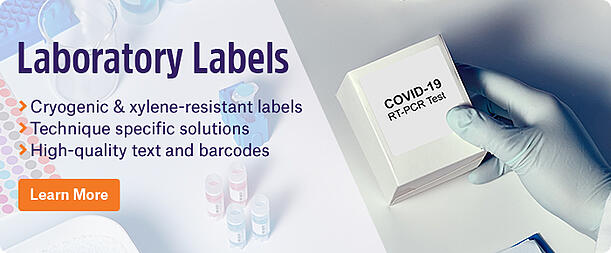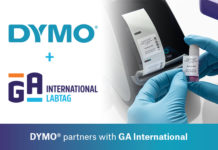
Transitioning from working at the bench into a lab management role can seem daunting. The skills that made you excel at bench work may not be the same ones required to become an efficient lab manager; lab work tends to be more of an individual activity, while a manager needs to promote teamwork and collaboration.
Prioritize new skill sets
When performing research as a student or post-doc, you typically work towards achieving a set goal by obtaining concrete values that can be analyzed and interpreted. Your experiment will provide either positive or negative results, which dictate your next steps. Conversely, in management roles, decisions are based on incomplete data, with much more ambiguity regarding what constitutes positive or negative results, especially when dealing with people who all have different personalities and work approaches. As such, there can be multiple “correct” solutions to a problem, but rarely will you reach a consensus on which one would be optimal.
In addition, transitioning to a lab management role requires you to step away from the tasks and skills you have spent the last few years perfecting. This is why it can be so difficult for some, as these problems are often ones you know how to solve on your own but must now be delegated to others in the lab. Instead, lab managers must focus on larger issues and may have limited time for most day-to-day lab activities. It’s important to plan around managerial activities and put more effort into what new knowledge and skills must be acquired to achieve the lab’s objectives. The lab manager is likely to have a more comprehensive view of global lab issues and, more importantly, the responsibility to address them. If an issue is critical and vital, it should be addressed as soon as possible; it’s worth trying to anticipate these issues and working on them beforehand to avoid urgent situations later. It is also recommended to find a mentor to help guide your transition, ideally, someone who has already made the switch from benchwork to lab management.
Signs of a well-managed lab
The lab manager often sets the tone for the entire lab by ensuring that high standards for quality and safety are met and adequately communicated to all personnel. If the lab manager doesn’t show that they’re committed to maintaining high standards, no one else will either. As such, the lab manager should present and address lab concerns promptly as they appear. To that end, here are a few signs that a lab is being properly managed:
- Open communication: Labs where information seems to flow in only one direction, with little feedback from management, can breed discontent. A healthy dialogue about how the lab operates, with a discussion regarding areas where it may be struggling, should be prioritized. Open communication shows staff their input is valued and that the lab is striving to improve.
- Active leadership: A lab manager’s time can be limited; however, when the manager is actively engaged in quality activities, including assessments and reviews, it demonstrates a commitment to operating a first-class laboratory.
- Productivity: Lab efficiency and productivity are always important metrics, and management should always be looking for ways to improve them. However, productivity should never supersede quality system requirements. This can become a balancing act of sorts, but it is rarely an error to skew toward quality rather than quantity.
- Equipment: Another sign of a well-managed lab is properly maintained equipment. Lab equipment must be routinely inspected and calibrated to remain in proper working order. Ensuring this routine maintenance is not only done but adequately recorded in case of an audit is a key role of the lab manager. To ensure equipment is maintained, it is recommended to use appropriate barcode or RFID labels to identify the equipment, with details of each item linked to a database that can be reviewed for maintenance requirements, including dates and service contracts.
- Innovate: New techniques and data collection procedures are imperative for a lab to continue to grow. As technology and method requirements evolve, a well-managed lab will adopt these new methods and strive to keep systems up-to-date, always seeking a more efficient way of performing their tasks.
In the end, though the responsibility to ensure the lab operates efficiently and according to their set standards rests with the manager, they cannot be everywhere at once. Staff must be empowered to make decisions regarding their assigned duties and to bring issues or errors forward when discovered, without fear of punitive action. A good manager will encourage staff to aid in identifying issues and work to resolve them as quickly as possible. This starts with proper training and communication, though it is also essential to establish well-written SOPs, especially for labs with a high turnover rate.
LabTAG by GA International is a leading manufacturer of high-performance specialty labels and a supplier of identification solutions used in research and medical labs as well as healthcare institutions.



